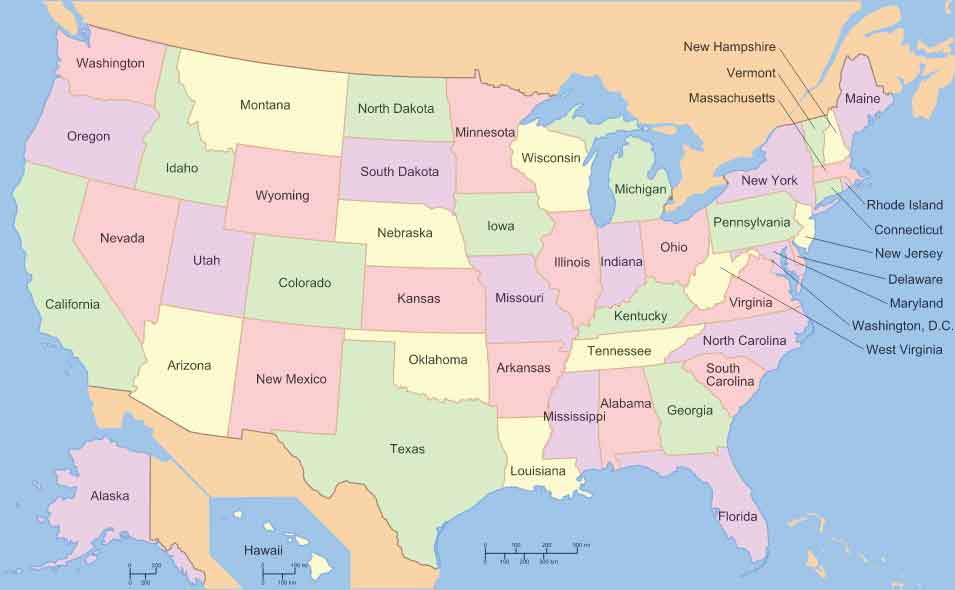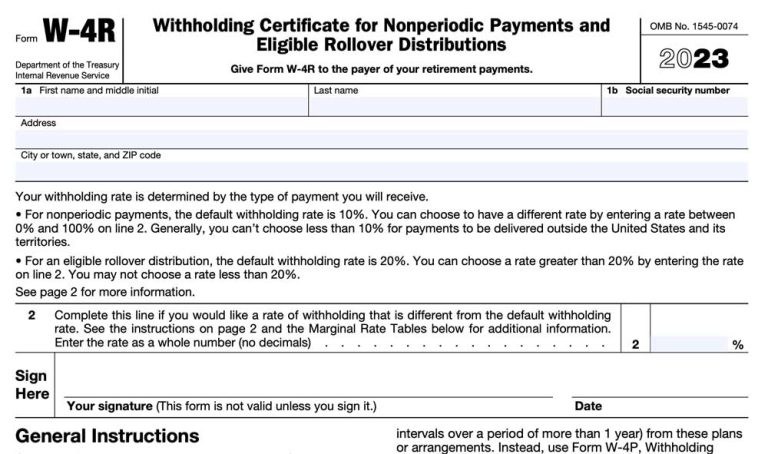Greenbelt Laws Can Lower Taxes for Qualifying Agricultural Properties
If you’re thinking of buying a rural property, you might want to consider the local greenbelt laws in the area where you’re planning to buy. It may be worth making sure that your property and the way that you intend to use it will qualify for greenbelt exemption from local property taxes.
For instance, I moved my family to the Nashville, Tennessee area recently, where we are looking to settle down long term. We’d like to spread out and own some property, and are hoping to purchase some soon. However, it wouldn’t make much sense to make a piece of real estate in the form of land without understanding what obligation I’d have towards paying property taxes for a piece of property I might buy to hold onto until I’m ready to build on it and move my family there.
For that reason, I decided to look into the greenbelt property tax situation in the county where I live and to research greenbelt laws and rules generally. Here is some information that should help you understand how greenbelt laws work, and how having your rural property qualify for greenbelt exemptions can save you lots of property taxes.
Intro to Property Taxes
As a property owner, you are most likely familiar (at least you should be) with the fact a chunk of the financial obligation you have for owning property is allocated to paying property taxes to the county in which you reside, or where you own property. Counties and their associated local municipalities use the money raised from property taxes to pay for public services such as road construction and maintenance, salaries of county and city employees, operating public schools, and paying for services like law enforcement, fire fighters, and other safety programs.
Property owners pay taxes to the county in which they are located based upon the value of their properties. These property taxes are based upon the value of the property as assessed by county tax assessors. Tax assessors typically use one of three different methods for evaluating the value of a property: 1) sales evaluation method, wherein a property is compared to similar properties that have sold recently, and a value is determined making adjustments up or down when compared with those properties; 2) cost method, wherein the assessor determines the property value based on an estimate of how much it would cost to replace the property; 3) income method, which bases the value on how much income could be made from the property if it were rented.
Exemptions from Typical Tax Assessments
Each state has some kind of exemption from the normal property tax assessment for properties that qualify as what is most commonly referred to as “greenbelt” or “green belt”. For instance, in Tennessee, a law was passed in 1976 (The Agricultural, Forest and Open Space Land Act of 1976, better known as the Tennessee Greenbelt Law ) that was designed to preserve farms, forest, and open spaces and to push back against urban sprawl. The Tennessee version of greenbelt law provides for properties of at least 15 acres tracts to be classified as either agricultural, forest, or open spaces and taxed at a near negligible rate compared to what would be due if they were taxed at their market value.
Greenbelt Regulations Vary by State

While all states have some kind of greenbelt exemptions in place (often these exemptions are called something different), there are varying regulations that affect properties within those state jurisdictions. Typically each state has a law that provides for properties statewide to be classified and designated for greenbelt types of activities – including open spaces, agriculture, or forest – but the specific handling of the tax assessments for those properties is done at the county level.
How to Find Which Greenbelt Rules Apply to Your Specific Property
To find out what the greenbelt laws are for your specific property, you can typically go to your county’s website (usually .gov, sometimes .org) and search for it there or browse to it using their menu system. Often it’s easier to simply google your county name and the word “greenbelt rules”. For instance, “leon county florida greenbelt rules”. For that particular case, I found a document published by the Leon County, Florida property appraiser that describes how to apply for “agricultural classification”. The document provides a link to the State of Florida statute that governs agricultural lands. The State of Florida and its respective counties apparently don’t use the word “greenbelt” to refer to their version of agricultural land use.








